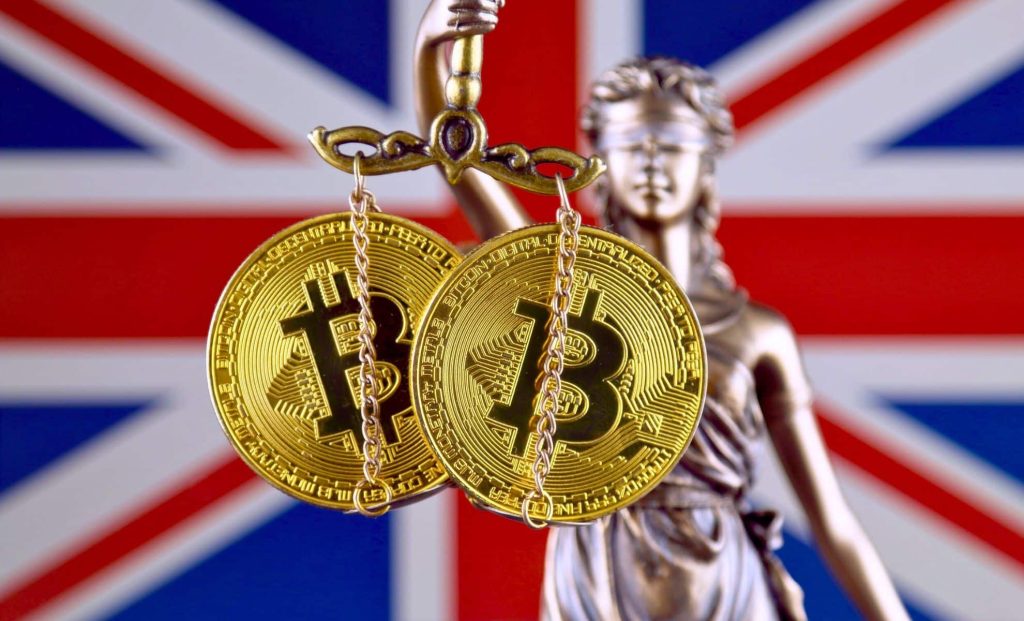A new law the U.K. government has presented to Parliament will clearly legally define digital assets including cryptocurrencies, non-fungible tokens (NFTs), and tokenized real-world assets (RWAs). The measure seeks to define the position of these assets as personal property under British law, therefore providing much-needed rules for settling ownership conflicts and shielding people and businesses impacted by fraud and dishonesty.
A fundamental part of the law is the creation of a new personal property classification known as a “thing.” This category will particularly apply to some digital assets, differentiating them from conventional property forms like “things in possession” (such money and automobiles) and “things in action” (such debt and shares). Justice Minister Heidi Alexander clarified that this new classification will allow digital assets to draw personal property rights, therefore assisting the legal profession in handling ownership conflicts—including those resulting from divorce processes.
The plan is based on a Law Commission report that earlier this year suggested revisions to English and Welsh laws acknowledging some digital assets as property. The results of the commission mostly center on crypto tokens and other particular digital assets that fall outside the current property classification.
Once passed, the measure will provide the legal framework required to handle ownership in an increasingly digital financial environment as well as a clearer legal road for crypto owners confronting fraud or scam concerns.
You can also freely share your thoughts and comments about the topic in the comment section. Additionally, don’t forget to follow us on our Telegram, YouTube, and Twitter channels for the latest news and updates.


